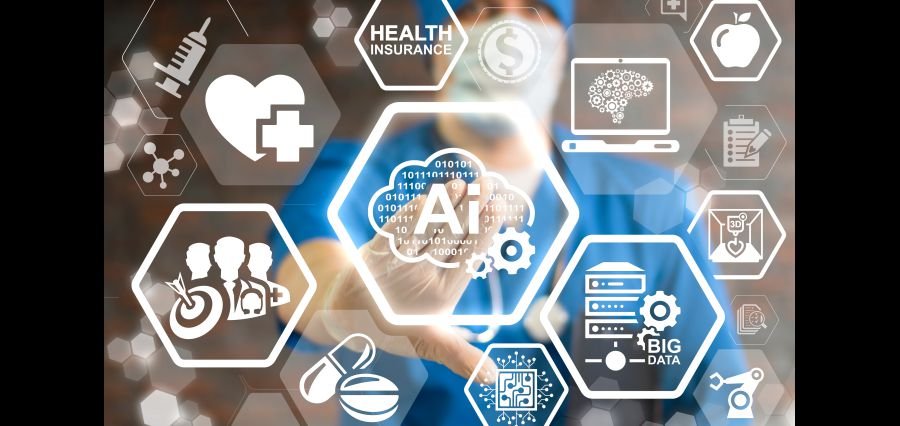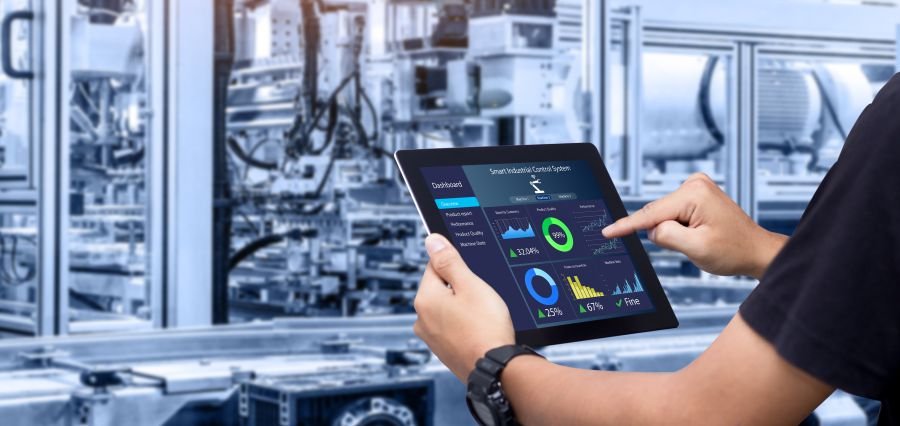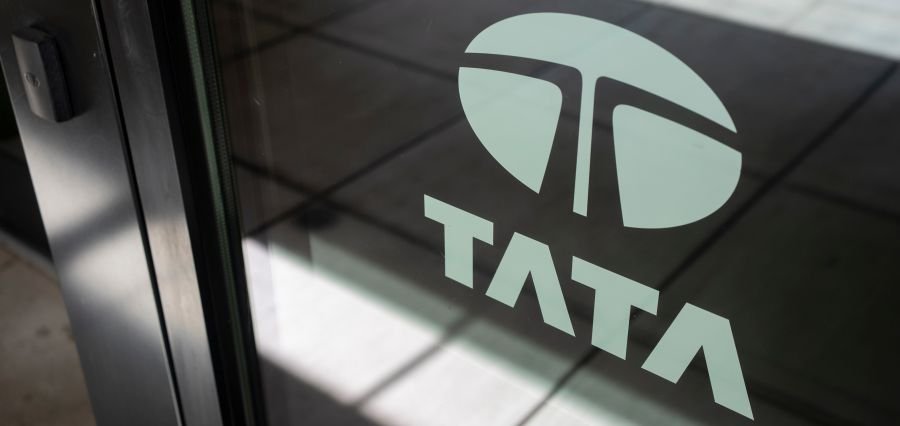Smart Healthcare
Bengaluru—often dubbed the Silicon Valley of India—stands at the epicentre of technological innovation in the country. This vibrant city is not only renowned for its burgeoning IT and startup ecosystems but is also making significant strides in the integration of IT and AI into healthcare. As technology continues to advance, Bengaluru is leveraging its strong tech foundation to revolutionize the medical field, enhancing patient care and driving medical research forward.
The intersection of IT and AI in medicine presents an exciting frontier in healthcare, often encapsulated by the term “smart healthcare.” This paradigm shift involves utilizing advanced technologies to improve the efficiency, accessibility and effectiveness of medical services. In Bengaluru, the integration of AI in medicine is not just about innovation for its own sake; it is a strategic response to the growing need for improved healthcare solutions. As AI-driven technologies are increasingly adopted, they promise to transform various aspects of patient care, from diagnosis to treatment and streamline healthcare processes.
The correlation between Bengaluru’s IT prowess and its advancements in AI-driven healthcare solutions is profound. By combining cutting-edge technology with medical expertise, the city is creating a new standard for smart healthcare that could serve as a model for other regions.
Key Drivers of Integration
Tech Ecosystem
Bengaluru’s status as India’s tech capital is a significant driver of its advancements in AI in medicine. The city is home to numerous IT companies, startups and research institutions that foster a collaborative environment for technological innovation. Major global tech giants and homegrown tech firms are increasingly investing in healthcare technologies, leveraging their expertise in data science, machine learning and software development.
Startups in Bengaluru are particularly active in this space, developing cutting-edge AI solutions that address various healthcare needs. Research institutions and universities in the city are also contributing by conducting pioneering research on AI applications in medicine. This synergy between technology and healthcare expertise creates a fertile ground for the development and deployment of advanced medical solutions.
Funding and Investments
The influx of funding and investments from venture capitalists and global tech giants plays a crucial role in accelerating the integration of AI in medicine. Bengaluru attracts significant venture capital investment due to its reputation as a tech hub with a vibrant startup ecosystem. This financial support is vital for startups and established companies alike, enabling them to scale their operations and innovate continuously.
Global tech giants—recognizing the potential of AI in medicine—are also making substantial investments in Bengaluru’s healthcare sector. These investments are often directed towards research and development, infrastructure enhancement and collaborative projects that aim to create and implement state-of-the-art medical technologies. The availability of funding thus acts as a catalyst for technological advancements and the rapid adoption of AI-driven healthcare solutions.
Healthcare Challenges
Addressing healthcare challenges is another critical factor driving the integration of IT and AI in Bengaluru. The city, like many others, faces issues related to healthcare access, efficiency and innovation. The demand for more accessible and efficient healthcare solutions has never been greater, as urbanization and population growth put additional pressure on existing healthcare systems.
AI technologies offer promising solutions to these challenges by enabling more precise diagnostics, personalized treatment plans and efficient management of healthcare resources. Bengaluru’s focus on integrating AI into healthcare is a direct response to these needs, aiming to enhance patient outcomes and streamline healthcare delivery.
Specific Innovations
Telemedicine Platforms
One of the most transformative innovations in Bengaluru’s healthcare domain is the rise of AI-driven telemedicine platforms. These platforms facilitate remote consultations and diagnostics, making healthcare more accessible to individuals who may not have easy access to traditional medical facilities. By utilizing AI algorithms, telemedicine platforms can analyze patient data, provide preliminary diagnoses and offer personalized treatment recommendations.
The integration of AI in telemedicine enhances the accuracy and efficiency of remote consultations. For example, AI-powered chatbots can assist in preliminary patient interactions, while machine learning models can analyze medical images and data to provide insights that support virtual consultations. This approach helps in reducing the burden on healthcare facilities by handling routine consultations remotely.
Health Monitoring Devices
Wearable health monitoring devices and mobile apps are another significant innovation driven by AI in Bengaluru. These devices enable real-time health monitoring and data analysis, providing valuable insights into an individual’s health status. AI algorithms analyze data from wearables such as heart rate monitors, glucose trackers and fitness bands to detect patterns and anomalies that may indicate potential health issues.
These devices also integrate with mobile applications to offer personalized health recommendations and alerts. For instance, AI-powered apps can track a user’s physical activity, sleep patterns and dietary habits providing tailored advice to improve overall health. The ability to continuously monitor and analyze health data empowers individuals to take proactive steps towards managing their health and well-being.
AI in Diagnostics
AI’s role in diagnostics represents a significant leap forward in medical technology. Machine learning algorithms are increasingly being employed to analyze medical images such as X-rays, MRIs and CT scans with remarkable accuracy. These algorithms can detect early signs of diseases such as cancer or neurological conditions, that might be missed by the human eye.
In Bengaluru, AI-driven diagnostic tools are being integrated into clinical practices to enhance diagnostic precision and speed. These tools assist radiologists and clinicians by providing insights that support decision-making, leading to more accurate diagnoses and personalized treatment plans. The use of AI in diagnostics also contributes to more efficient healthcare delivery by reducing diagnostic errors and accelerating the diagnostic process.
Final Thoughts
Bengaluru’s integration of IT and AI in medicine marks a transformative shift towards smart healthcare, characterized by innovation, accessibility and precision. The city’s strong tech ecosystem, significant investments and focus on addressing healthcare challenges are driving advancements that are reshaping patient care and medical research.
As Bengaluru continues to pioneer the use of AI in medicine, it sets a benchmark for how technology can enhance healthcare delivery and outcomes.






